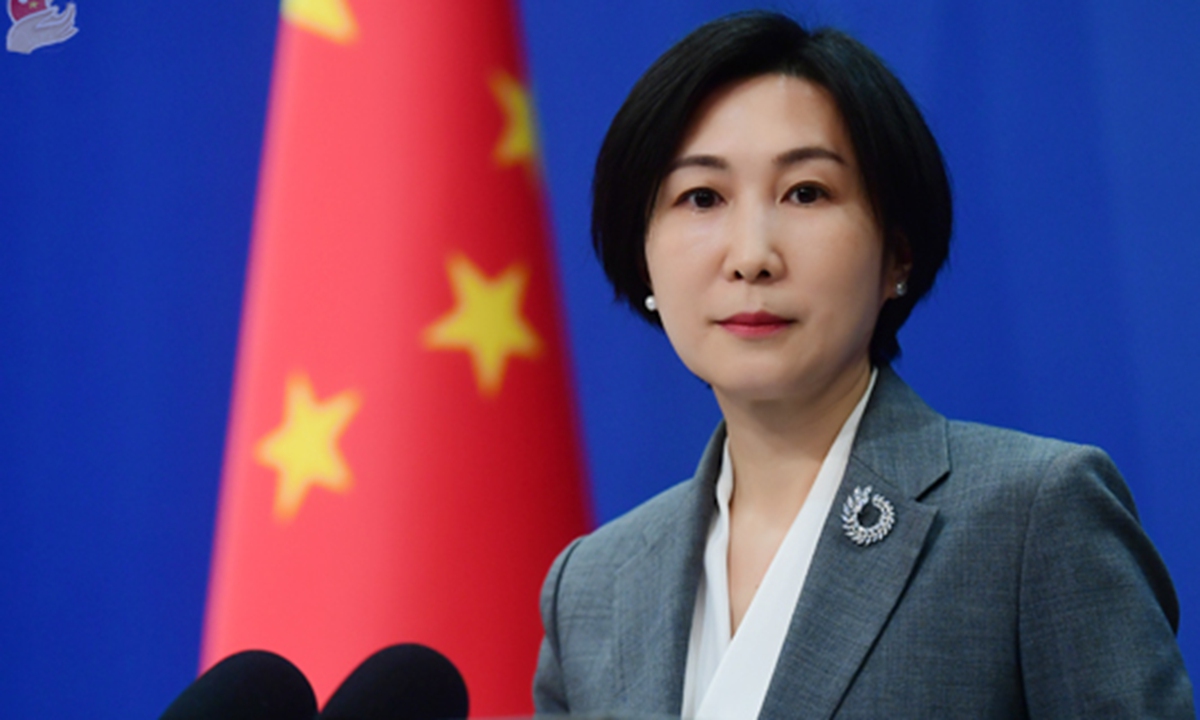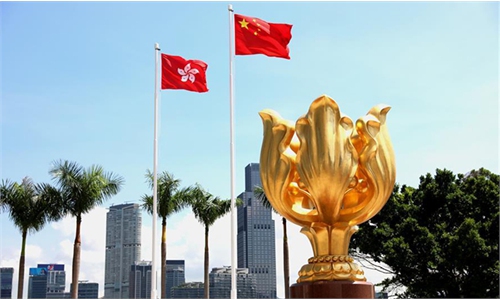Chinese FM urges all media to take it as a lesson after Bloomberg admits and corrects false reports on Article 23

Chinese Foreign Ministry spokesperson Mao Ning
After Bloomberg published false reports concerning the legislation of Article 23 of the Hong Kong Special Administrative Region (HKSAR) Basic Law and later corrected them with a clarification, the Chinese Foreign Ministry spokesperson Mao Ning said Bloomberg's false reports caused public misunderstanding and panic, adversely affecting the legislative work, which was a serious mistake.We hope that all media to take this as a lesson, conduct objective and fair reporting on issues related to the HKSAR and China, and maintain their credibility, the spokesperson said.
Bloomberg recently published news with headlines which include "HK says Telegram should be prohibited in Article 23 proposal" and "HK says Signal should be prohibited in Article 23 proposal", and "HK Security Law Public Consultation Lists Facebook, YouTube Ban." In response to these false reports, the HKSAR government issued a statement on Wednesday in strongly disapproving of and condemning such reports.
The HKSAR government also solemnly stated that it has not proposed to ban the operation of any social media, video sharing or streaming platforms in Hong Kong.
Bloomberg subsequently updated the erroneous reports and stated that "Bloomberg earlier erroneously reported the government was proposing such a ban."
Finalizing the legislation of Article 23 of the Basic Law is a constitutional responsibility that the HKSAR must fulfill. It is also a necessary requirement for ensuring Hong Kong's long-term prosperity and stability and the successful implementation of the "One Country, Two Systems" principle, receiving wide support from Hong Kong society, the spokesperson said.
The draft bill on Article 23 legislation published on Friday clearly demonstrates that this legislation balances maintaining national security with protecting rights and freedoms and economic development, safeguarding high-quality development and high-level openness in Hong Kong, and providing a solid guarantee for the stable and far-reaching implementation of "One Country, Two Systems," she said.
Following Bloomberg's false reports, the HKSAR government issued a stern statement in this regard, and the Office of the Commissioner of the Ministry of Foreign Affairs in Hong Kong also made a serious representation to the agency, the spokesperson said. Bloomberg corrected the original reports, acknowledging the inaccuracies in their previous reporting and expressing deep apologies, Mao said.
"They committed to adopting a more rigorous attitude in future reporting to prevent similar issues from happening. We hope that all media will take this as a lesson, conduct objective and fair reporting on issues related to Hong Kong and China, and maintain their credibility," she stressed.
The HKSAR fast-tracked the Article 23 legislation by gazetting the draft bill on Friday and tabling it to the LegCo for the first reading and second reading on the same day.
The Hong Kong and Macao Affairs Office of the State Council said on Friday that the draft bill fully respects and protects human rights, fully draws on the legislative experience of other countries, especially those with common law systems, fully incorporates the current legal provisions familiar to Hong Kong society, fully safeguards the welfare and rights of residents, and fully protects property and investments within the SAR.
The definition of national security is well defined in the draft bill, which is transparent and clear, Chu Kar-kin, a veteran commentator based in the HKSAR and member of the Chinese Association of Hong Kong and Macao Studies, told the Global Times on Friday.
"The bill perseveres our law and order, and protects our safety. Our way of living and livelihoods are not adversely affected. The commercial sector is doing businesses as usual," Chu said.
Global Times

